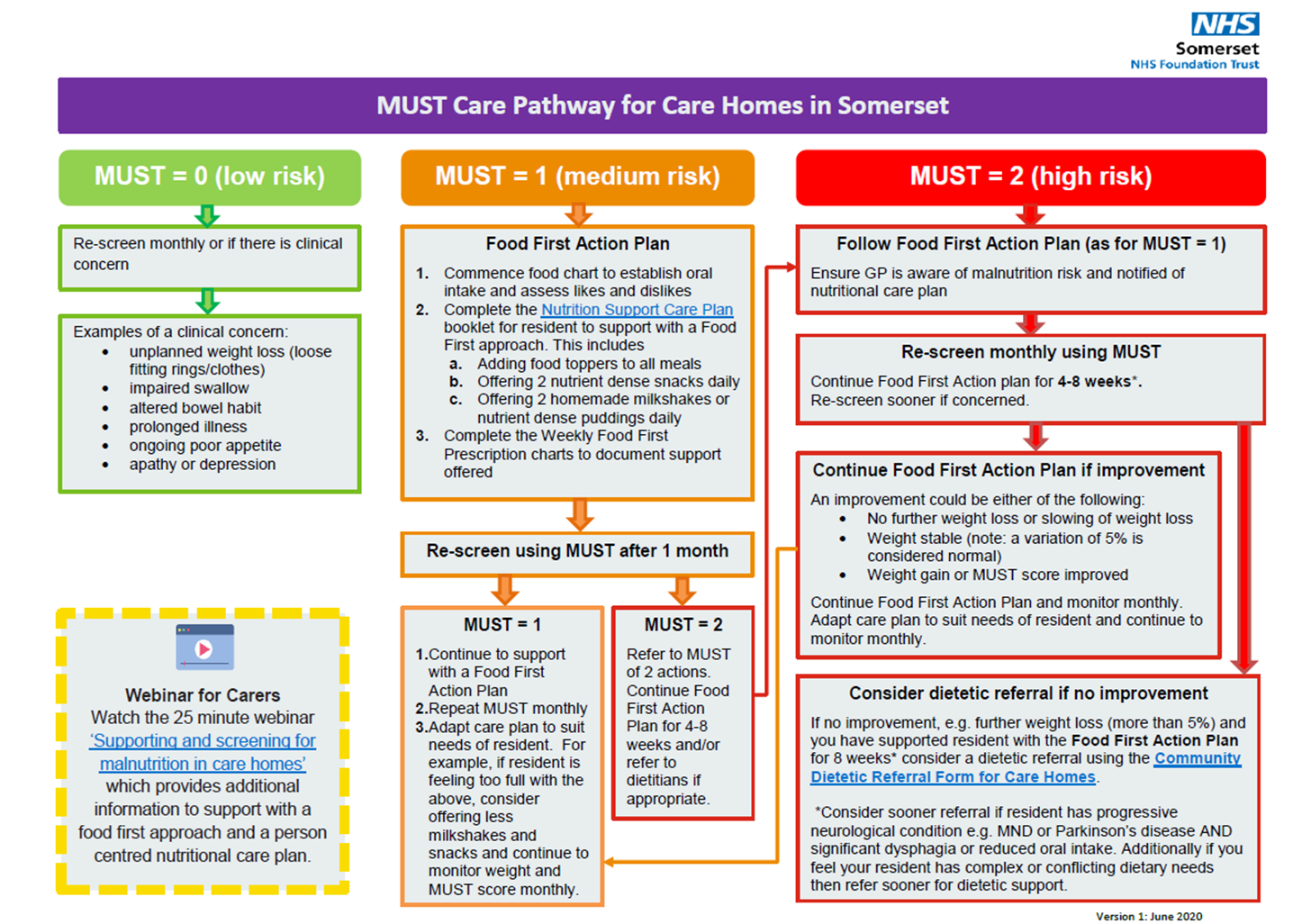The NHS is delivering a new programme which provides a low-calorie diet treatment for people who are overweight and living with type 2 diabetes. The programme is based on the DiRECT study which showed that this approach could help people lose weight, improve their diabetes control, reduce diabetes-related medication and even achieve remission (whereby blood glucose levels return to normal without the need for medication). Somerset has been chosen as a pilot site for interested participants. See Low calorie Diet Programme Teamnet page.
Dr David Unwin’s Sugar Infographics help people understand the approximate effect various foods may have on their blood sugar in terms of a 4 gram teaspoon of sugar. For example, a bowl of 150g of boiled rice is roughly equivalent to ten teaspoons of table sugar.
Freshwell Low Carb Project - Meal Planners provides inspiration and recipes to make it a little easier to adopt a low carbohydrate lifestyle. All meal planners can be downloaded as a PDF for free and are also available on the free Freshwell App. The Freshwell Guide provides a visual representation of the low carb lifestyle. See also Deprescribing in Type 2 Diabetes Following a Low Carbohydrate Diet.
See our Diabetes page for more information and resources.



